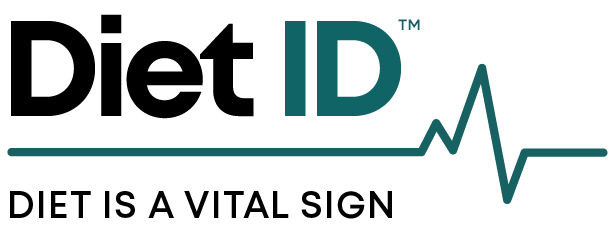The healthcare industry is undergoing a massive transition as hospitals, providers, and payers all contend with new methods of delivering (and billing) medical care, and nutrition care is no exception. The uptick of value-based care, coupled with the growing prevalence of digital health solutions and alternative therapies, makes understanding this new model essential. So, what exactly is value-based care, and why is nutrition therapy critical to its success?
Unlike the traditional fee-for-service reimbursement model, which rewards providers for the volume of services rendered, value-based care promotes quality of service by focusing on positive patient outcomes. In the volume-based model, providers are paid relative to the sheer number of services rendered, while the value-based model focuses on reducing the number of interventions, rewarding providers for positive patient outcomes due to shared savings. The result? Higher quality care, better patient outcomes, better population outcomes, and cost savings across the board.
Lifestyle-related chronic conditions like cardiometabolic disease, diabetes, and cancer are the most costly burdens to our health system. Over 60% of adults have at least one chronic condition, and 42% have more than one, accounting for 90% of U.S. annual healthcare expenditures. Additionally, according to a 2019 study, seven out of eight Americans are metabolically unhealthy, putting them at greater risk for stroke, cardiovascular disease, type 2 diabetes, and other serious health issues.
Diet is the single most important predictor of health outcomes in the modern world. Nutrition therapy is a critical component of a successful value-based care model because dietary and lifestyle interventions are designed to prevent disease and improve outcomes, as opposed to medicating symptoms. Several studies on lifestyle medicine demonstrate its efficacy with ample evidence of improved outcomes over conventional care.
The rigorous quality care standards for reimbursement (and all the data collection that accompanies it) required by the value-based care model can be met for patients with, or at risk for, chronic conditions such as diabetes by using digital health tools. Diet ID can be used in this capacity not only to assess diet, but to deliver effective behavior-based interventions. Diet ID’s data reporting tools can show improved metrics for data points like weight, BMI, and diet quality, which is tied to disease risk and long-term health outcomes. In fact, Diet ID’s diet quality score can be stored in electronic health records as a data point. These data, pooled with lab results and other biometric measures, provide proven value that is directly tied to financial savings for providers, payers, and patients alike.
Prevention is a major focus in the value-based care model because medical interventions and procedures are prohibitively costly. Taking a clinically proven lifestyle-driven approach to prevent, manage, and even reverse chronic conditions saves money for everyone. Diet ID is a perfect partner in value-based care to maximize returns and optimize the health of your population.
Download our new Infographic, Diet ID in Value-Based Care.
References:
https://www.liebertpub.com/doi/10.1089/met.2018.0105
https://www.healthcarebusinesstoday.com/nutritions-critical-role-in-value-based-care/
https://dietitiansondemand.com/whats-new-in-long-term-care-value-based-care-and-pdpm/
https://www.dietitiansathome.com/physicians



